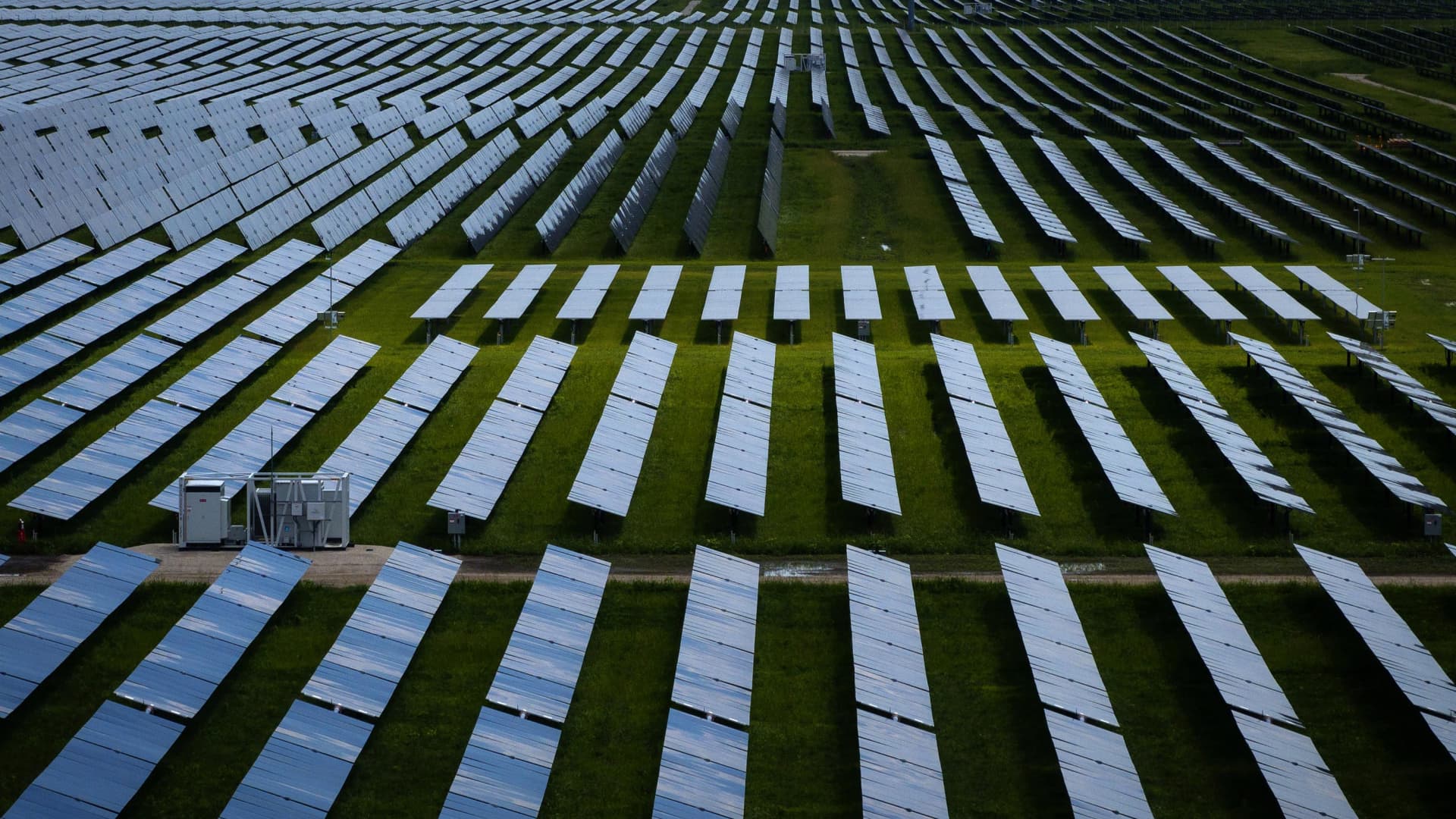Solar Stocks Take a Hit: The Unforeseen Fallout of the Republican Tax Bill
In a dramatic market shift, solar energy stocks plummeted this week as analysts revealed the Republican-backed tax bill’s hidden blow to renewable energy incentives. Major solar companies saw declines of 10-15% following the bill’s revisions, which disproportionately benefit fossil fuels while phasing out key clean energy tax credits. The legislation, passed last month, is now triggering alarm among investors and environmental advocates who warn it could stall America’s energy transition.
How the Tax Bill Undermines Solar Investments
The bill’s most damaging provision slashes the Investment Tax Credit (ITC) for solar projects from 30% to 10% for commercial installations, while residential solar incentives vanish entirely after 2024. According to BloombergNEF, this could reduce U.S. solar capacity additions by 23% through 2030. Meanwhile, oil and gas companies retain intangible drilling cost deductions—a 100-year-old subsidy totaling $1.6 billion annually.
“This isn’t just policy neglect—it’s active sabotage of market-driven progress,” said Dr. Elena Ruiz, Chief Economist at the Green Policy Institute. “Solar energy prices dropped 82% in the last decade because of smart incentives. Rolling them back now benefits nobody but legacy polluters.”
Key impacts already observed:
- First Solar (FSLR) shares down 12% since Monday
- SunPower (SPWR) hit a 52-week low after losing 18% in Q3
- Solar ETF (TAN) saw $200 million in outflows this week
The Political Divide on Energy Subsidies
Republican lawmakers defend the changes as “leveling the playing field.” Senator Mitch Graves (R-KY) stated, “Renewables have enjoyed disproportionate government favoritism. Our bill lets all energy compete fairly.” However, DOE data contradicts this: fossil fuels received $20 billion in federal support last year versus $7.4 billion for renewables.
Market reactions suggest investors disagree with the policy rationale. “The math is simple,” noted Raymond James analyst Derek Kwon. “Solar project IRRs drop by 4-6 percentage points under these rules. That kills marginal projects and slows adoption exactly when we need acceleration.”
Broader Implications for Clean Energy Transition
The timing couldn’t be worse. The U.S. solar industry employs 250,000 workers—more than coal mining—and was projected to add 100,000 jobs by 2030. Wood Mackenzie warns the tax changes could erase 30% of those gains. States like Texas and Florida, where Republican governors embraced solar for economic (not environmental) reasons, may face particular disruption.
Global context intensifies concerns. While the U.S. backpedals, the EU just increased renewable subsidies by 40%, and China dominates 80% of solar manufacturing. “We’re unilaterally disarming in the energy wars,” warned former Energy Secretary Carlos Alvarez.
What’s Next for Solar Investors?
Some analysts see buying opportunities amid the selloff. “Quality companies with strong balance sheets will adapt,” said CleanTech Capital’s Priya Varma. She highlights solar manufacturers with overseas exposure and utilities investing in renewables despite policy headwinds.
Potential silver linings:
- State-level policies may offset federal changes (e.g., California’s new storage mandate)
- Corporate PPAs remain strong with 18 GW contracted in 2023
- Battery cost declines could make solar+storage viable without subsidies
However, the long-term damage may be irreparable. “Policy uncertainty is the killer,” Ruiz emphasized. “Investors can handle high or low subsidies—but not whipsaw changes every election cycle.”
Call to Action: Stay Informed
As this story develops, track real-time analysis from the Solar Energy Industries Association’s policy tracker. For investors, the coming earnings season (starting October 25 with Sunrun) will reveal how quickly companies can adapt to this new fiscal reality.
See more Business Focus Insider Team

